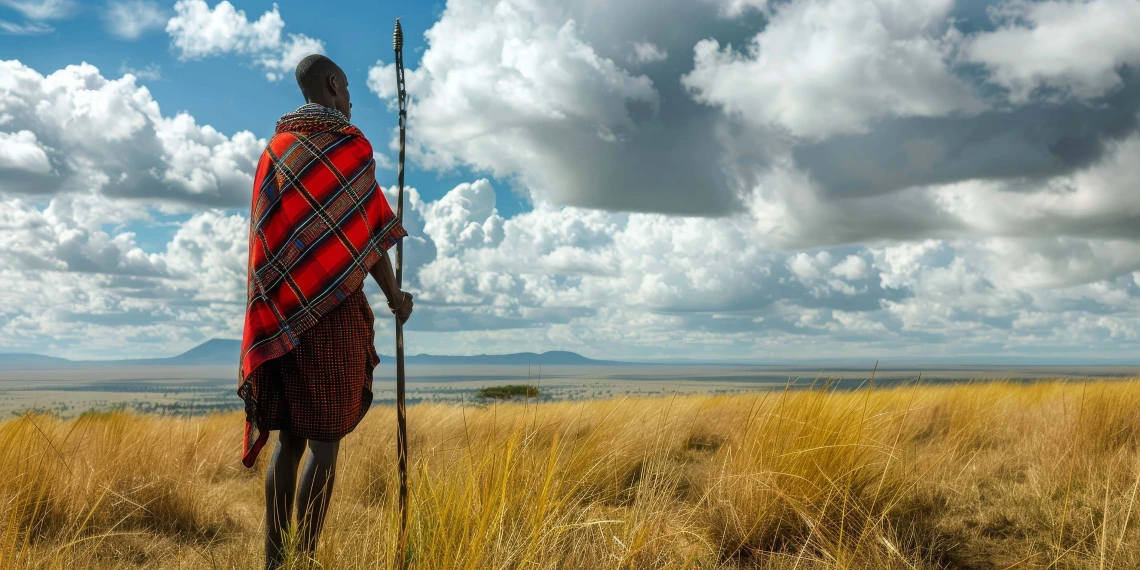Conservation, Pastoralism, and Indigenous Land Stewardship: A Call to Action in Ngorongoro

🌍 Overview
This report examines the intersection of conservation policy, Indigenous Peoples' rights, and sustainable land stewardship in Tanzania’s Ngorongoro Conservation Area (NCA), with a specific focus on the Maasai Indigenous Peoples. It has been submitted to the two Presidential Commissions charged with evaluating land disputes and the relocation process affecting the Maasai Peoples in Tanzania.
📢 Why This Report Matters
Conservation efforts in the NCA continue to rely on an outdated "fortress conservation" model that excludes and displaces Indigenous Peoples. This report provides:
- Legal and policy analysis grounded in international human rights standards
- Scientific evidence from IPCC, IPBES, and U.N. bodies affirming Indigenous knowledge as essential to biodiversity
- Comparative insights from Sweden, Thailand, Kyrgyzstan, Mongolia, Canada, and others that show the effectiveness of Indigenous-led conservation
- Actionable recommendations to promote equity, ecological sustainability, and justice.
📚 Key Findings
- The displacement of Maasai Peoples undermines both human rights and environmental goals.
- Maasai knowledge and pastoralist practices enhance biodiversity, climate resilience, and ecosystem health.
- Inclusive, rights-based conservation models are proven to deliver better long-term outcomes than exclusionary approaches.
✅ Recommendations to the Tanzanian Presidential Commissions
- Recognize and protect Maasai land rights, in line with international standards.
- Affirm the role of Indigenous knowledge in conservation, with a focus on Indigenous women and girls.
- Guarantee Free, Prior, and Informed Consent (FPIC) before any conservation initiatives.
- Support sustainable livelihoods rooted in Maasai knowledge, culture, and environmental stewardship.
- Establish ongoing, transparent dialogue between Maasai communities and authorities.
- Promote community-led education and knowledge sharing on conservation.
- Implement U.N. recommendations on halting forced relocations and upholding human rights.
🗣 Endorsements
"This report is a crucial contribution to the global movement for Indigenous-led conservation. It reminds us that safeguarding nature and protecting Indigenous rights go hand in hand."
—
🔗 Related Report: Recognition and Reparation
This publication follows our earlier submission titled:
“Recognition and Reparation: The Legal Obligations of Tanzania Toward the Maasai as Indigenous Peoples”, which sets out the legal foundations for Tanzania’s obligations under international law.
🔗 We invite you to read and endorse the first report here:
🤝 Join the Conversation
We invite Indigenous leaders, government authorities, human rights defenders, and environmental experts to read and share these reports. Together, we can move toward a future where biodiversity and justice flourish side by side.
📧 For inquiries or partnership opportunities, contact: LAW-conservation@arizona.edu

